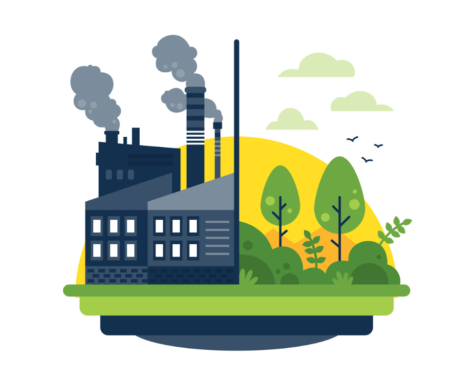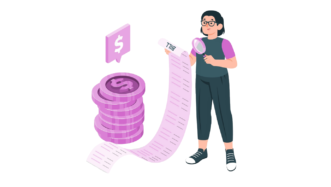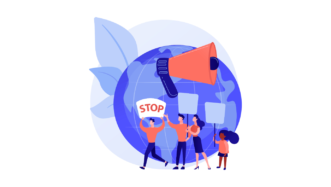LESSON OVERVIEW
The main objectives of this lesson are to:
- learn vocabulary related to dishonest communication and actions and practise it by evaluating corporate environmental efforts;
- watch and analyse an informative video about greenwashing;
- discuss consumer behaviour and corporate sustainability from a critical thinking perspective.
In this lesson, students extend their vocabulary by brainstorming synonyms for advanced words (e.g. fraudulent, unethical, mislead, bamboozle, etc.).They use the vocabulary to share their opinions on global emissions reduction, discuss regulations, and propose eco-friendly alternatives for various company scenarios.
WARM-UP
This lesson starts with a warm-up in which students briefly evaluate what people and institutions do for the environment. Then, students explore and analyse vocabulary (e.g. attestations, declarations, misdemeanours, breaches, etc.) to delve further into the discussion and come up with synonyms for some words and expressions. This exercise allows them to develop a deeper conversation about how companies display and take action toward environmental policies, as well as possible problems that might arise in such a context.
VIDEO AND MORE DISCUSSION
In this part of the lesson, students watch an authentic informative video to critically understand and discuss the practice of greenwashing. They identify what they find most interesting in the video and debate various aspects of consumer behaviour and corporate practices related to sustainability. Then, they comprehend what carbon offset is and express their thoughts on topics related to corporate responsibility. Discussing and exchanging ideas among students facilitates critical exploration and comparison of perspectives. It allows them to elaborate on some actions that institutions and governments can take to prevent greenwashing.
CASE STUDY AND SOLUTIONS
In the last part of this lesson, students share their personal opinions about the feasibility of global emissions reduction and create regulations they would introduce to tackle the issue. They also study real cases of greenwashing that occurred in well-known companies. Then, they come up with a way they could reduce their environmental impact instead of greenwashing their product considering the type of each company (e.g. fast-food chain, car manufacturer, budget airline, etc.).
HOMEWORK/REVISION
This lesson plan also includes an additional task that you can use as homework or revision. In the task, students summarise what they remember about greenwashing using the ideas and phrases from the lesson. The task is available in the teacher’s version of the worksheet. You can print it and hand it out to your students. It’s also included in the e-lesson plan.
Subscribe to unlock these and many other Standalone lesson lesson plans with the Unlimited planWORKSHEETS












Comments